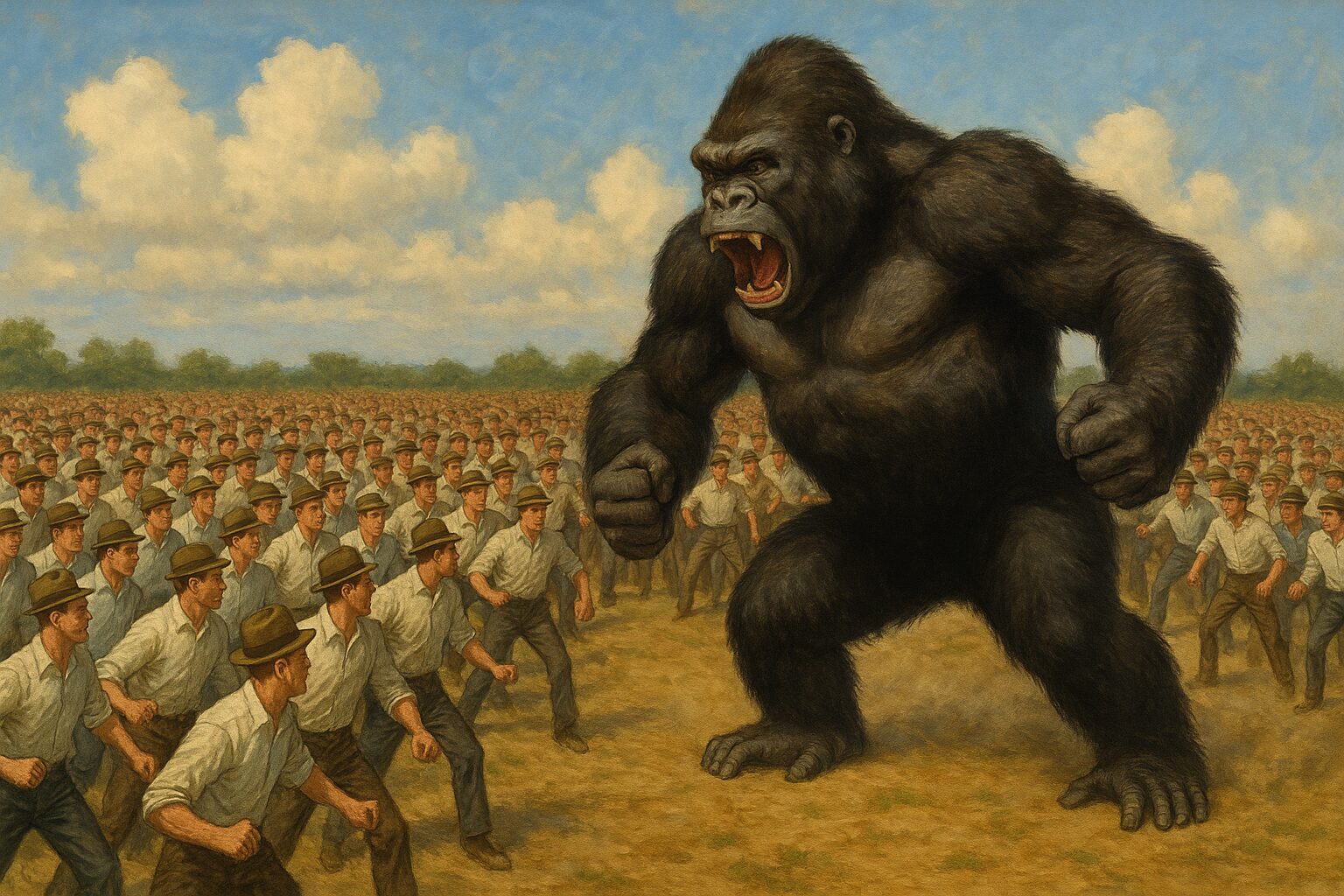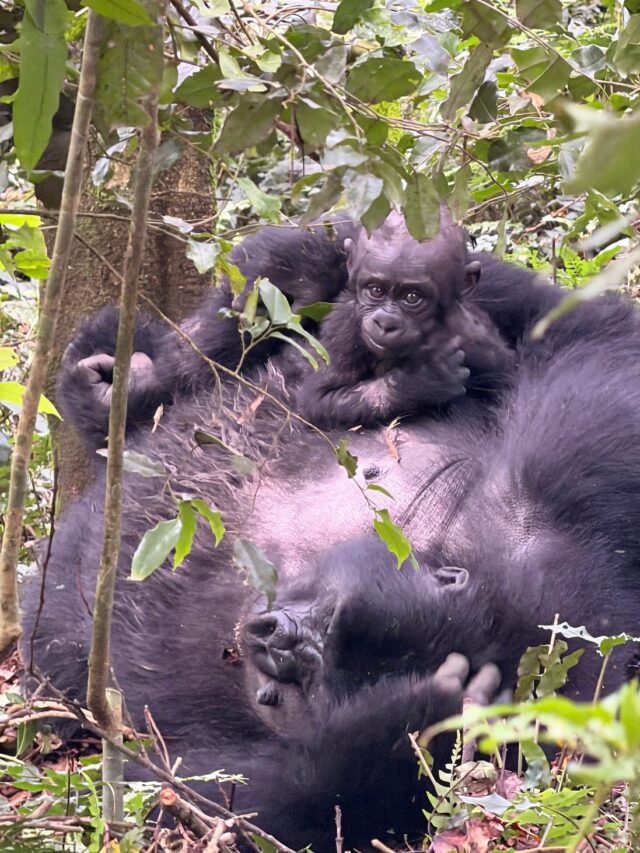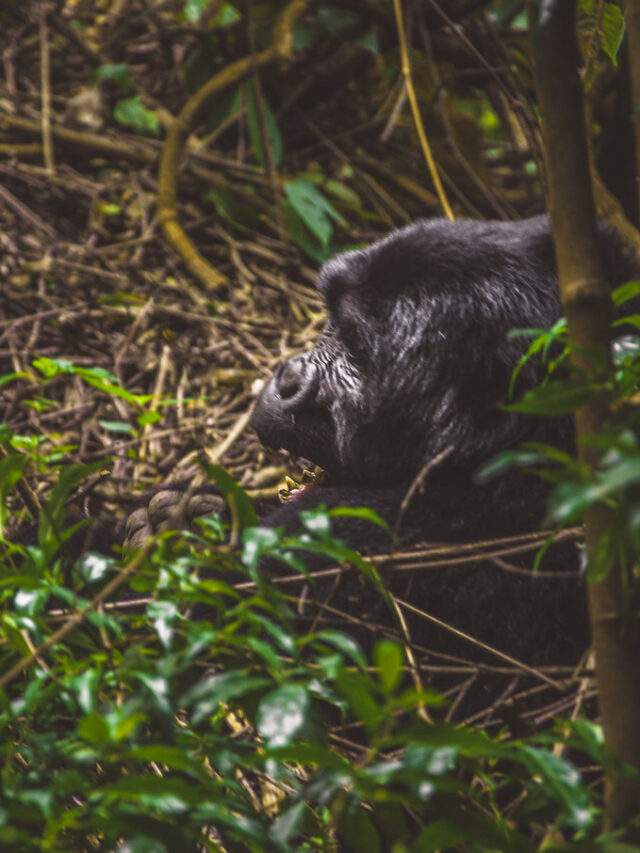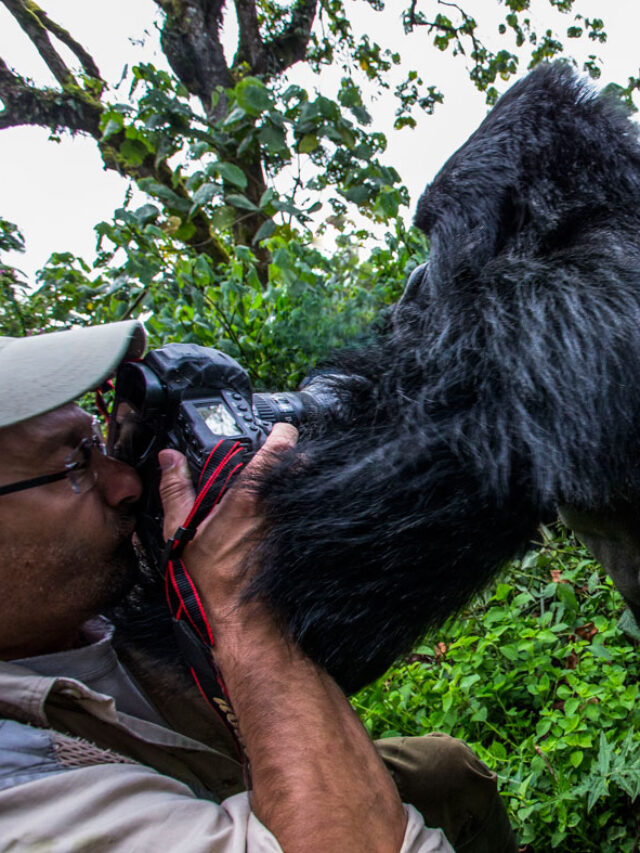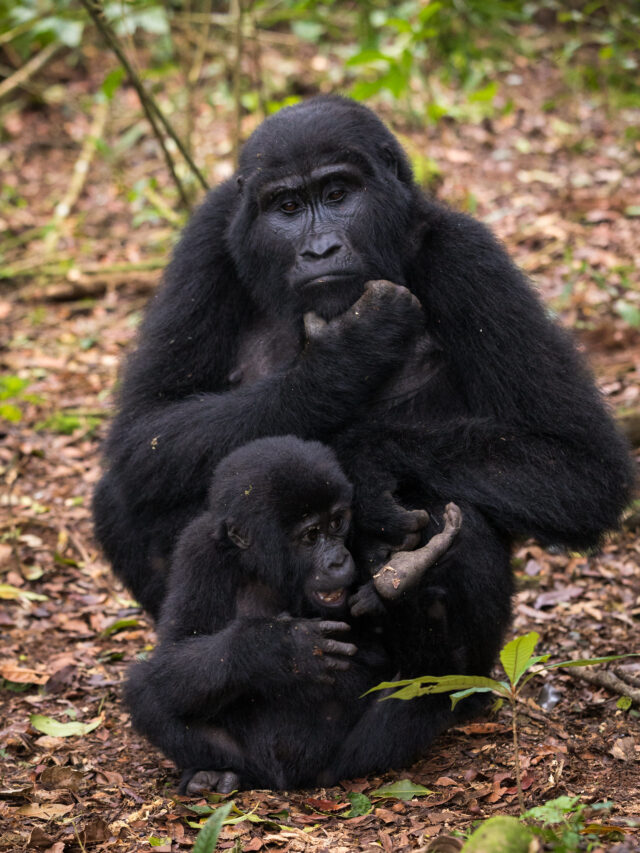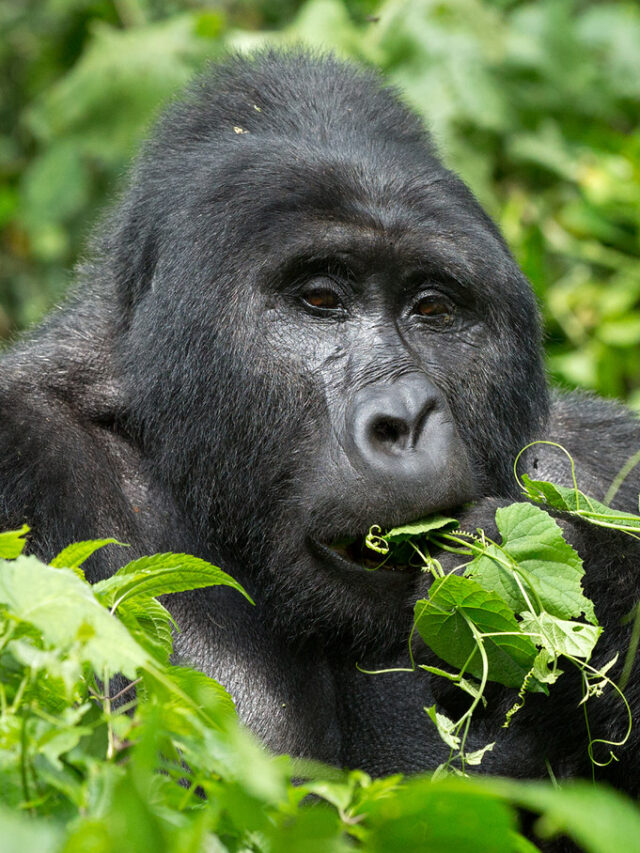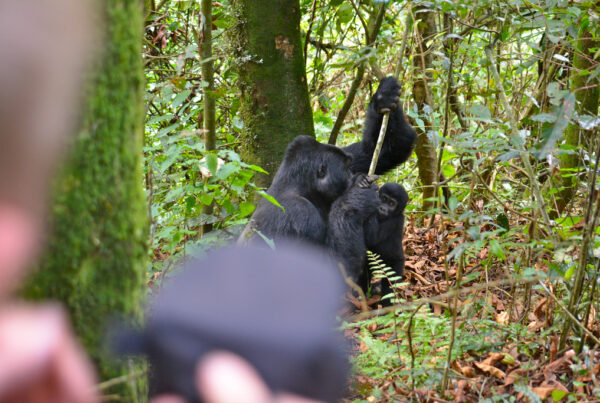100 Men vs a Gorilla: The Brutal Reality of Nature’s Power
The Viral Question with a Savage Truth Behind It
In the age of internet debates and hypothetical showdowns, one strange yet surprisingly persistent question keeps coming up: “Could 100 average men take down a full-grown gorilla?” It might sound like the setup for a meme or a chaotic action movie scene — but beneath the surface, it touches something deeper. It’s a question about human strength, primal power, dominance, and our own illusion of superiority over the animal kingdom. And while it may stir amusement or curiosity, when you break it down realistically, scientifically, and ethically — the answer becomes chillingly clear.
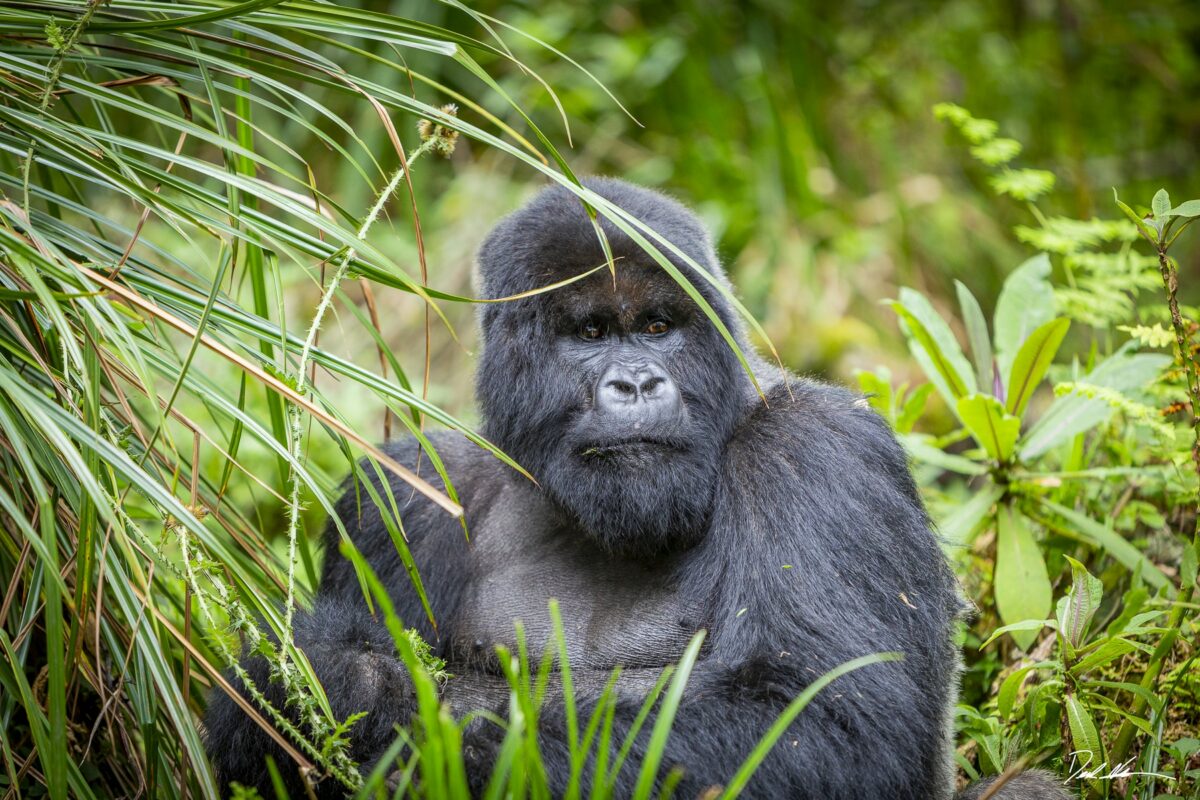
The Gorilla: More Than Muscle, a Master of Controlled Violence
Let’s begin with the real contender in this scenario: the adult male mountain gorilla. We’re talking about a 400-pound powerhouse of muscle, bone density that dwarfs ours, and a bite force exceeding 1,300 PSI. But it’s not just raw strength — it’s how they use it. Silverback gorillas have evolved for explosive combat and protective dominance. Their arms are not just longer than ours — they’re built for lifting, swinging, striking, and wrestling with precision and natural instinct. One accurate blow from a silverback has been estimated to carry a force strong enough to crush a human ribcage or crack a skull. This isn’t Hollywood exaggeration — it’s the cold truth of wild anatomy.
What makes the gorilla even more terrifying in such a scenario is its calm until provoked. In their natural habitat, they avoid violence unless threatened. But once engaged, their reactions are instant, targeted, and horrifyingly effective. So when we imagine a gorilla “versus” 100 men, we’re not talking about a wild creature scrambling for survival. We’re talking about a calm beast pushed into instinctual defense mode — and in that space, the damage it can do within seconds is unthinkable.
What Are 100 Average Men, Really?
Now flip the perspective. Who are the “100 men” in this picture? Not trained fighters, not elite military squads — just average adult males. Think office workers, students, laborers, everyday people with no combat coordination, no group strategy, and no experience handling a 400-pound wild animal in a frenzy. Most people can’t run a mile without breaking a sweat, let alone face a beast whose arms are stronger than the legs of a champion sprinter. Even if you gave those 100 men the same heart, the same courage, and the same will to survive, the lack of unity and experience would make them little more than disorganized chaos in front of focused power.
And gorillas don’t fight like humans. They don’t throw boxing punches or kicks. They slam. They grapple. They rip. They bite. A silverback wouldn’t need to fight 100 men at once — it could take down several within seconds, as the others hesitate in disbelief. In panic, humans flee, trip, or freeze. The gorilla would likely strike, retreat briefly, then strike again — and every time it moved, it would leave behind a trail of trauma that no unarmed crowd could cope with.
Why Strength Alone Isn’t the Deciding Factor
Let’s say, somehow, 100 men were willing to charge the gorilla. Could their sheer numbers overwhelm it? Theoretically, yes. But not without brutal sacrifice. The first wave would likely suffer catastrophic injuries — broken bones, torn flesh, fatal head trauma. For the men at the front, the cost would be instant. And even if some manage to pin the gorilla down, restraining such a muscular, thrashing creature is unlike wrestling with a human. The gorilla doesn’t fight for ego — it fights to survive. And that survival instinct is ferocious.
There are very few, if any, scenarios where these men walk away unharmed. The emotional toll of such a savage act, the physical carnage it would demand, and the unpredictability of a wild animal’s response all stack the odds against even the biggest human mob.
The Ethics Behind the Hypothetical
But beyond the raw physics of battle, there’s a much more uncomfortable layer to this idea. The hypothetical of “100 men vs a gorilla” isn’t just unrealistic — it’s deeply unsettling. Because it mirrors something humans have done for centuries: pit our species against others, just to see if we could dominate. This kind of mindset is what leads to poaching, habitat destruction, and the slow genocide of the wild world. Gorillas — particularly mountain gorillas — are critically endangered. There are fewer than 1,100 remaining in the wild. The idea of 100 men attacking even one isn’t just absurd — it’s symbolic of what we already do to nature: overwhelm it, exploit it, and destroy what we should be protecting.
Gorillas don’t pick fights. They lead peaceful family groups, raise their young, forage, and maintain balance in their ecosystems. They are vegetarians. They mourn their dead. They protect their own. And yet, in this strange internet fantasy, we imagine ourselves proving superiority by defeating one — as if dominance validates worth.


